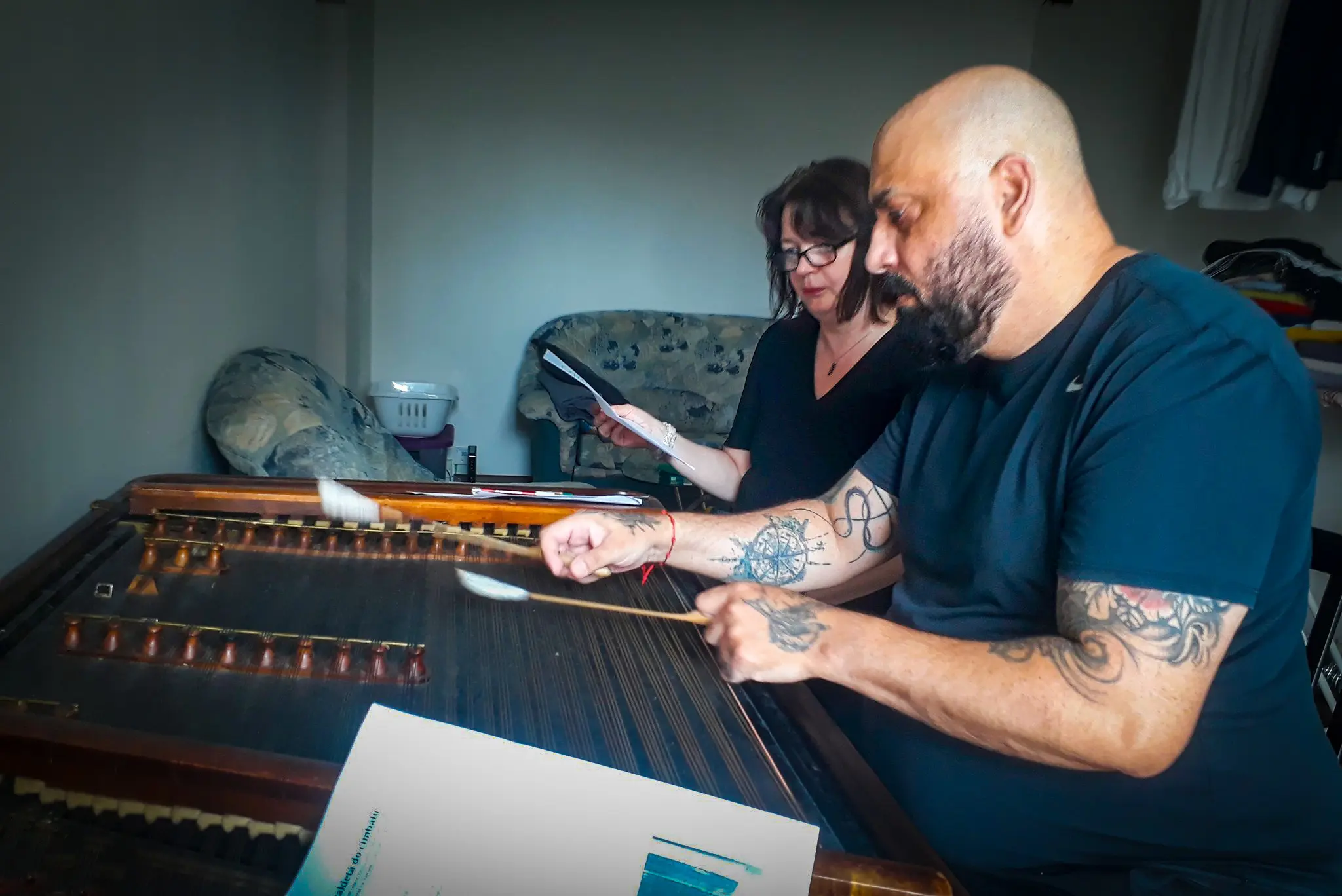An interview with Zea, a Romni whose grand-mother was the wirter Elena Lacková and who is an actress and singer.
- Prostredníctvom melanchólie cítim generácie predo mnou. In: Top Fashion. 01.01.2025. https://www.top-fashion.sk/prostrednictvom-melancholie-citim-generacie-predo-mnou


